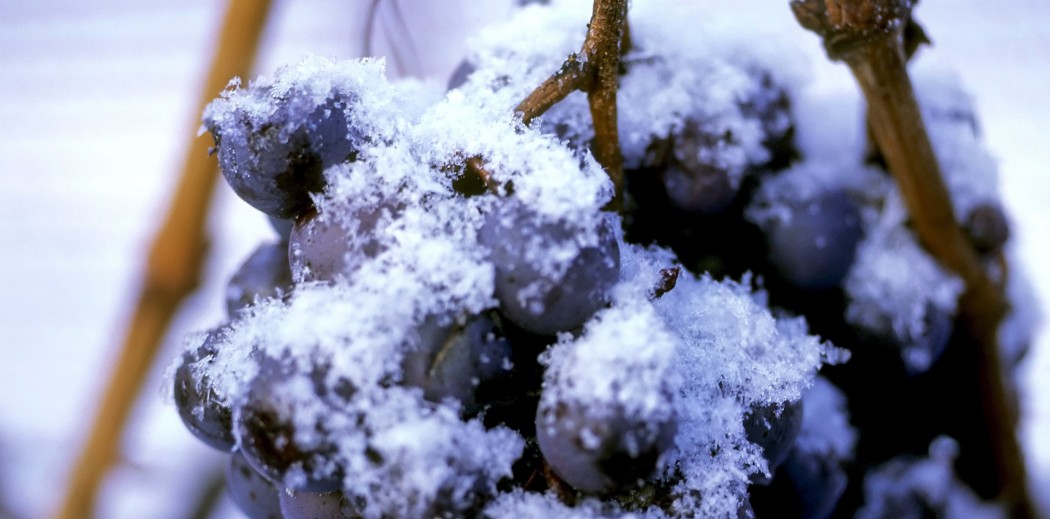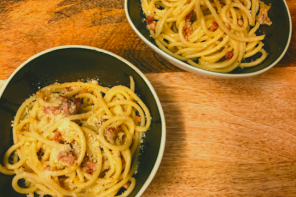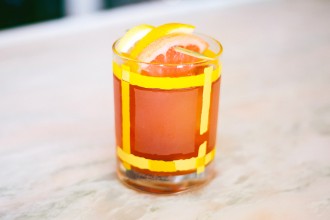A rose by any other name wouldn’t be as sweet – unless it’s called ice wine. The sweet, German wine gets its name from those icy months, specifically after the first frost, when the grapes freeze. It’s some of the most expensive wine on the market and if you’re lucky you just might spot a bottle this holiday when it’s in peak season!
History states that around 1830, German winemakers decided to leave some of their white wine grapes on the vines for animals to nibble on after the first frost and into the winter months. After the harsh weather hit, the winemakers saw that the grapes were sweeter than normal. Curious to see what the sweeter fruit would render when juiced, they picked and pressed the fruit and allowed it to ferment. The outcome was more than a sweet discovery, but an entirely new kind of specialty wine.
The seasonal beverage is drunk during the holidays because of when it has to be harvested, i.e. during the coldest months, and traditionally poured at the end of the meal because it’s technically a dessert wine. Once the fruit is frozen the water disappears while the sugars and dissolved solids stick around. So, the grape turns into this a little ball of concentrated sugar, a sugar cube if you will, and delivers sugary juice once extracted.
It’s all about timing with this endeavor, survival of the fittest grapes and uncertainty is always present. Winemakers don’t always know when the first freeze will hit, but once it does they pick at their notice. Waiting also helps the quality of the juice because that means the best grapes remain on the vines until the frost.
Ice wine gained its prominence in Germany (called “eiswein”) where the most expensive ice wine is made today. Waiting for the first frost drives up the cost of a bottle because there’s a scarcity of fruit by the time the cold weather arrives.
Ice wine can only be called “ice wine” if the wine’s made through the traditional method of a natural freeze. So shortcuts or cheats of freezing white wine grapes in a freezer during harvest season instead of patiently waiting requires the wine to be called “iced wine” or “icebox wine.”
Outside of Germany, you can find ice wine in Canada, Austria, Oregon and Michigan – so keep your eyes peeled for your own bottle this holiday season.








